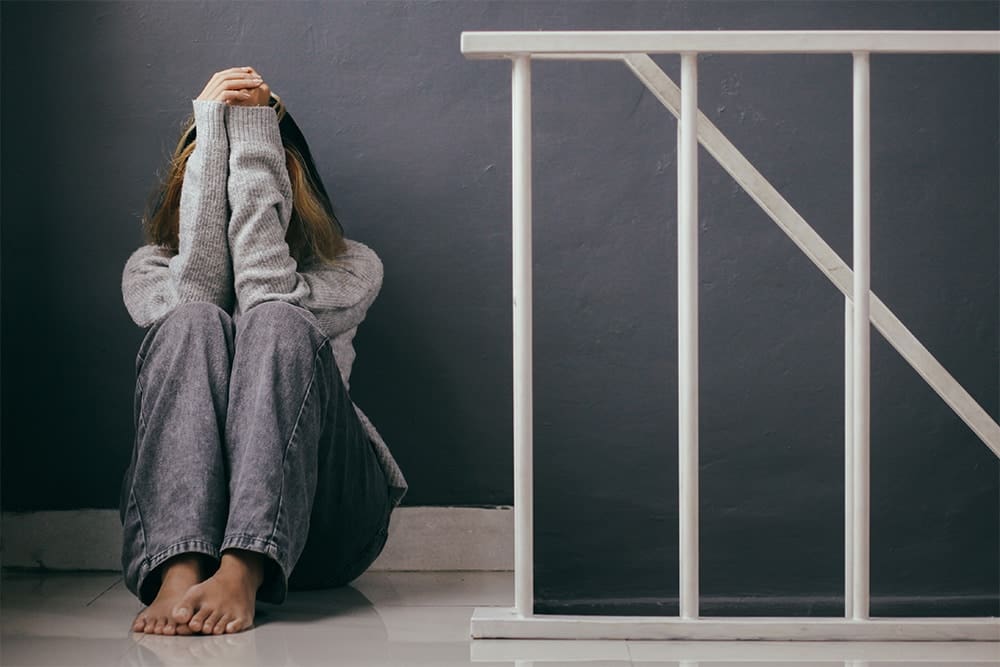Editor’s Note: 2025 Update
This article has been reviewed and updated in 2025 to reflect current understanding of healthy support versus harmful enabling when someone you love is struggling with addiction. All sources cited are independent, non‑promotional, and focused on evidence or expert guidance.
When someone you love struggles with substance use, the desire to help can be powerful. You may want to save them from harm, protect them from pain, or shield them from consequences. But in addiction situations, there is a thin line between helping and enabling. Recognizing the difference can make the difference between contributing to recovery or unintentionally prolonging the addiction.
What Enabling Means
In the context of addiction, “enabling” refers to actions or patterns that remove the natural consequences of harmful behavior. What may feel like love, protection, or compassion instead protects the addiction and prevents real change. Experts define enabling as behaviors that indirectly support a person’s substance use by rescuing them from outcomes they need to face.
Typical enabling behaviors may include:
- Paying bills or providing money that can be used for substances
- Lying or making excuses for their behavior to others
- Bailing them out of legal or financial trouble consistently
- Taking over their responsibilities (work, housing, bills) so they avoid consequences
- Ignoring or downplaying the severity of their addiction or denial of the problem
Often, enabling comes from a desire to help or protect; it may feel like kindness or loyalty. But in practice, it shields the addicted person from the hard realities that might push them toward seeking help.
What Healthy Help or Support Looks Like
Helping someone in addiction means offering support that encourages responsibility, recovery, and accountability. It means providing a stable environment for change without removing the need for the person to act. Key traits of helpful behavior include:
- Encouraging or supporting treatment or professional help when appropriate
- Setting and maintaining healthy boundaries (financial, emotional, household, social)
- Avoiding covering for or rescuing them when consequences occur (legal, financial, social)
- Offering emotional support, encouragement, or love, without removing consequences or fostering dependence
- Supporting healthy independence and growth rather than passive dependency
Supporting without enabling often requires honesty, consistency, and clarity. It also helps to seek support yourself, since loving someone in addiction can be emotionally draining.
Why The Line Between Helping and Enabling Is So Easy to Cross
Understanding the difference is complicated because:
- Love, fear, guilt, obligations, or hope can push people toward protective behaviors even when harmful
- Addiction alters the brain’s reward system, which can keep an addicted person dependent even when they “agree” to change
- Codependent patterns, where one person’s identity, self-worth, or stability becomes tied to the addicted person, can perpetuate enabling
- Pressure from family, desire to avoid conflict, or fear of losing their relationship can make boundary‑setting hard
This makes it important for loved ones to remain vigilant about their own actions and motivations.
How to Shift from Enabling to Helping: Practical Steps
- Educate Yourself — Understand addiction as a disease, learn common enabling behaviors, and know what healthy support looks like.
- Set Clear Boundaries — Decide what you will and will not provide (money, housing, bailouts, covering up). Communicate that clearly and consistently.
- Encourage Responsibility — Focus on actions that support steps toward recovery: therapy, treatment, accountability, healthy routines.
- Offer Support — Not Rescue — Emotional support, encouragement, resources for help, but avoid bailing them out or covering consequences.
- Take Care of Yourself — Protect your own mental health and boundaries. Consider support groups, counseling, or trusted friends.
- Be Consistent — Boundaries are only effective when consistently enforced. Mixed messages can enable dependency.
- Recognize Relapse Patterns — Understand relapse may occur, but enabling behaviors should not become the safety net for addiction.

Frequently Asked Questions
Q: Am I a bad person if I feel guilty for setting boundaries?
No. Guilt is a common reaction. Boundaries are not unloving; they are often the healthiest way to show love. Protecting your own well‑being while encouraging accountability can actually increase the chances of real recovery.
Q: What if I still love them and want to help? Isn’t support important?
Support is vital. Love and emotional presence matter. The key is to support in ways that promote growth and responsibility, not dependency. Support with boundaries helps more than rescue without change.
Q: Should I get professional help or talk to a counselor?
If you are emotionally overwhelmed, dealing with enabling patterns, or supporting a loved one with addiction, counseling or a support group can be helpful. Professional guidance provides clarity, tools for healthy boundaries, and emotional support for yourself.
Q: Will cutting them off make things worse?
It depends. Removing support without offering healthy help can feel harsh. The goal is not punishment. It is to break enabling cycles while offering constructive paths to help and treatment.
Choosing Hope and Healing
Helping a loved one through addiction means walking a difficult but necessary path. It means choosing honesty over denial, boundaries over rescue, and support over enabling. When done with care, wisdom, and love, your decisions can encourage real change.
You do not have to face this journey alone. Look for community, counseling, and wise support. Healing begins when love and truth walk together.

